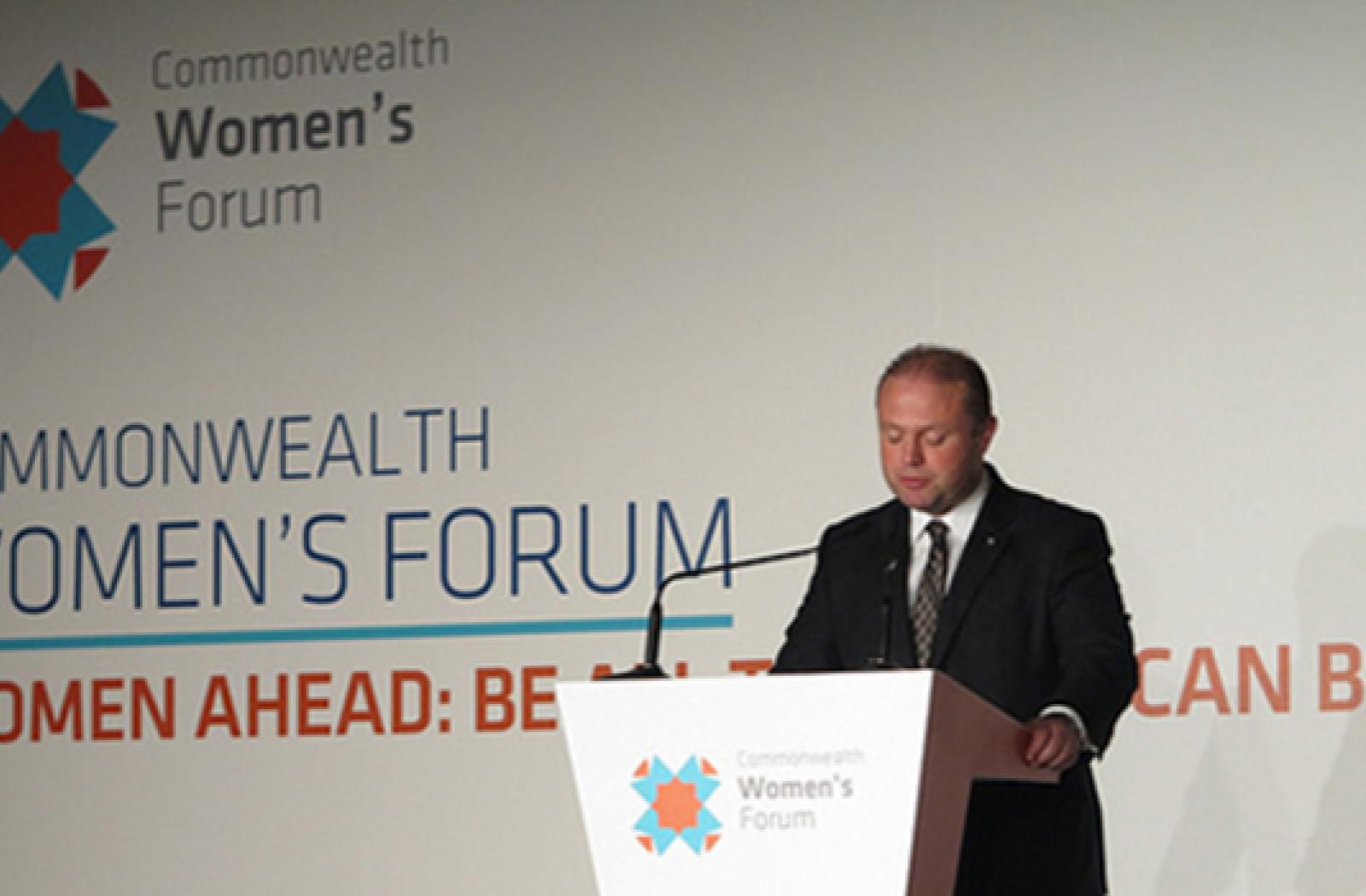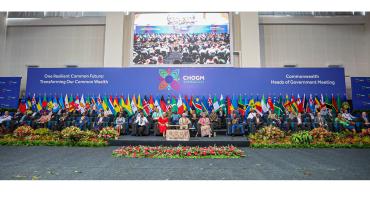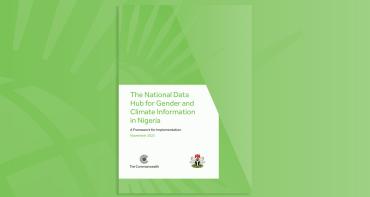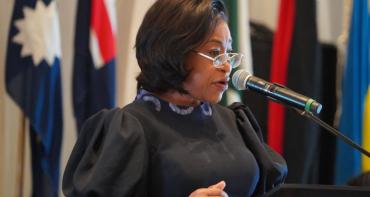Delegates were welcomed to the first Commonwealth Women’s Forum ahead of the Commonwealth summit.

Delegates were welcomed to the first Commonwealth Women’s Forum with a moving cultural presentation, which included a tribute to women who have fought to end discrimination through activism, leadership, sport and art.
Addressing the event, Malta’s Prime Minister Joseph Muscat stressed the importance of getting more women into decision-making positions. “A decent society is one with more women leaders,” he said.
Encouraging delegates to be agents of change, he added: “Next week is the meeting of heads, make this (women’s forum) the meeting of brains.”
The Forum, which is jointly organised by the Commonwealth Secretariat and the Government of Malta, will cover issues affecting women and girls, including education, the media, information technology and violence. Women’s exclusion from leadership positions in politics, public bodies, private companies and the judiciary will be central to the debate. Participants will also consider how legislation can help stop early and forced marriages.
Leaders will consider their recommendations later this week at the Commonwealth Heads of Government Meeting. The theme of the Women’s Forum is ‘Women Ahead Be All That You Can Be.’
In her speech at the welcome ceremony, Malta’s President, Marie-Louise Coleiro Preca encouraged participants at the Forum to be champions of gender equality, highlighting the impact of violent extremism on women and girls.
She urged leaders to move from “rhetoric to action before it is too late."
She said: “Leadership by women can make a difference in international peace by offering a woman’s perspective.”
Also speaking at the the Forum, Commonwealth Secretary-General Kamalesh Sharma said this first women’s forum is “an opportunity to influence and help implement real and lasting social and economic change that will benefit women and men, and girls and boys.”
According to the 2015 report on the Status of Women in Leadership Across the Commonwealth, women make up 43 per cent of cabinet ministers in South Africa, and in some regions, particularly in the Caribbean, more than 50 per cent of permanent secretaries. In Rwanda 32 per cent of the executives on private sector boards are female.
While there had been some progress, the Secretary-General stressed that there is still a lot to do to address persistent inequities between men and women.
He said: “We are now at a vital juncture for advancing gender equality, for ensuring that human rights are the rights of every woman and girl. With the adoption of the 2030 Agenda for Sustainable Development and the Sustainable Development Goals, we can now build with renewed motivation and determination to shape inclusive policies and social investments for the next generation.”
The Forum will continue tomorrow and end on 24 November, when Malta’s Minster for Social Dialogue, Consumer Affairs and Civil Liberties, Dr Helena Dalli, will announce the outcomes and proposals that will be put before leaders during CHOGM.
Image

|
Image

|
Image

|
| About the Commonwealth | CHOGM Image Library | Commonwealth summit |



